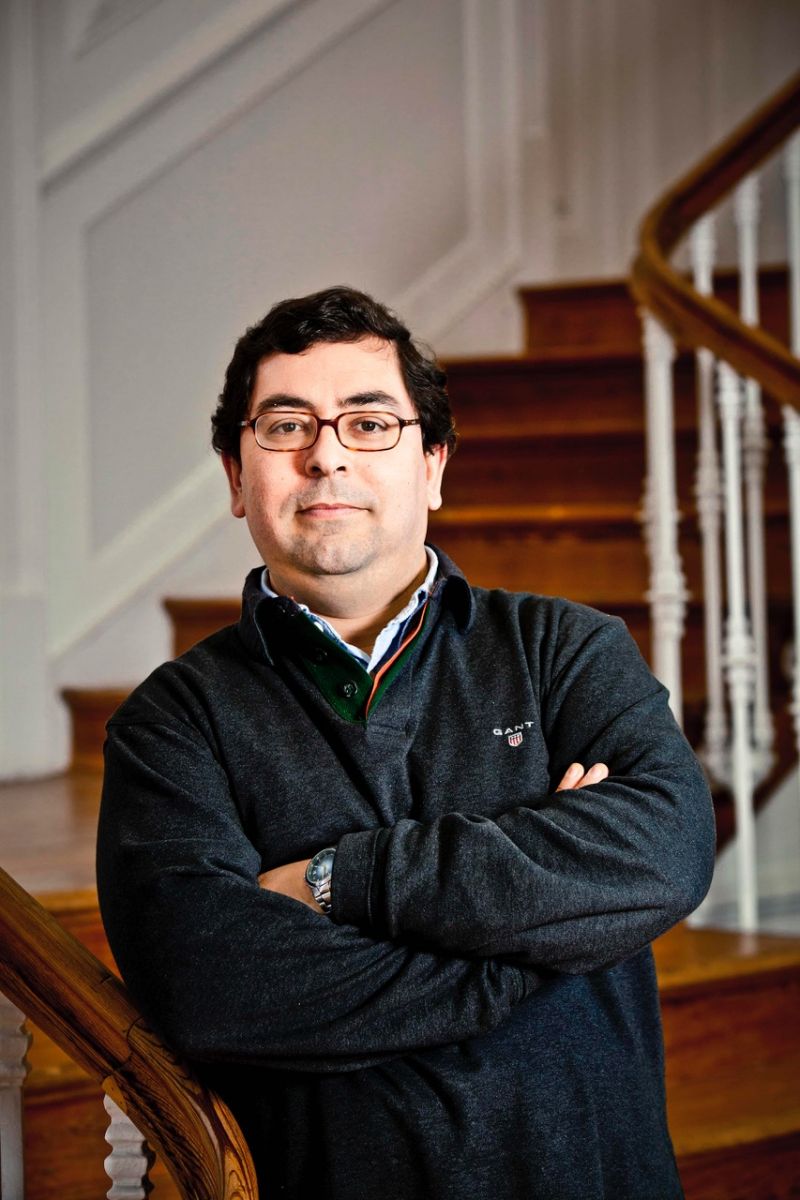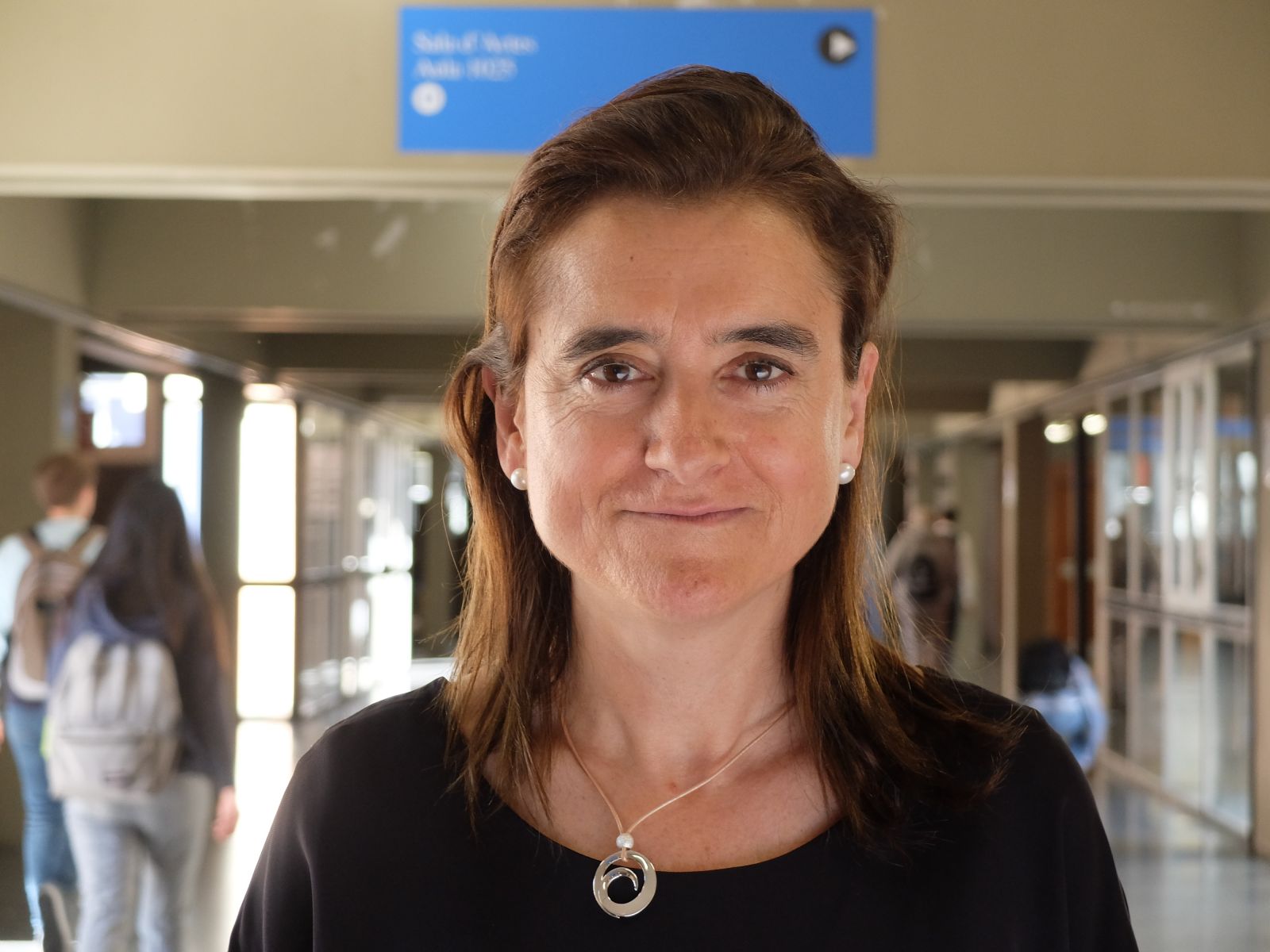6th Meeting - Protecting Children and the Elderly: The Role of the Family and the Welfare State throughout History
Population ageing is one of the main challenges on the policy agenda of developed countries, especially in terms of adapting the welfare state. In this project, we have investigated how intergenerational transfers have changed over the last decades, following the introduction of the welfare state. To do so, we use the National Transfer Accounts (NTA) methodology. This establishes a standardised method for obtaining estimates that are comparable across countries. Since its inception in 2000, it has been implemented in more than 80 countries on four continents. In short, the method elaborates an imputation by age of the National Accounts aggregates, adding an estimate of family transfers. As a result, age profiles are obtained for different economic flows in a given year, showing how resources are produced, consumed and saved by age. Furthermore, we measure the extent to which these resources are reallocated between ages through the three possible mechanisms available: markets, family and public sector.
In this project we have developed historical estimates in order to investigate the effect of the introduction of the welfare state on these reallocations of resources and on welfare. New historical estimates have been obtained from microeconomic databases for Spain (years 1980 and 1990), for Portugal (years 2000, 05, 10 and 15) and compared with estimates made in the United States for similar years. These comparisons allow, on the one hand, to analyse the differential impact of the crisis that began in 2008 and, on the other hand, the historical evolution of intergenerational transfers with the introduction of the welfare state. Throughout the process, the main source of financing children's consumption continues to be family transfers. However, the main source of resources for the elderly becomes the public sector in Spain, while in the United States it is assets. Our results recommend adopting a life-cycle perspective when assessing the impact of welfare state policies.

Speakers:
Concepción Patxot Cardoner
Professor in the Department of Economics at the University of Barcelona and member of the Barcelona Economic Analysis Team (BEAT), she directs the Xarxa de Referència en Economia i Polítiques Públiques (XREPP). Her research on the interaction between demography, economics and public policies, especially intergenerational transfers, has led her to more than 25 articles in specialised journals, in addition to participating in 40 other publications (books, reports, etc.). She has participated in more than 30 projects, many of them as principal investigator, at regional, national and European level. Between 2006 and 2010 she coordinated research on the effects of population ageing at the Instituto de Estudios Fiscales (Madrid). She has carried out studies for various public administration bodies at regional, national and European level. She has collaborated as an advisor to the European Commission on pension, health and dependency policies in the framework of the open method of coordination. She frequently appears in the media in debates on the sustainability of the pension system.
Pedro Luís de Oliveira Martins Pita Barros

Pedro Pita Barros began his academic career as an assistant professor at the Faculty of Economics of the Universidade Nova de Lisboa in 1988 and, since July 2002, has been a professor at the same institution. He published his first work in the area of health in 1995 - Financing the health system in Portugal - co-authored with Diogo de Lucena and Miguel Gouveia. He has more than 150 publications in the area of health. This makes him one of the most published Portuguese researchers in health economics in the last 25 years. He has a book published by Almedina - "Economia da Saúde" - which has already had several editions, as well as being editor of other titles in the same collection. He has been editor-in-chief of the International Journal of Health Economics and Management since 2008 and a member of the Editorial Board of Health Care Management Science since 1998. He has also held editorial positions in Health Economics, Journal of Health Economics, Portuguese Economic Revista and member of the Scientific Board of Acta Médica Portuguesa. He was editor of one of the most important papers in Health Economics: the Handbook of Health Economics (Volume 2) with Thomas C. McGuire and Mark V. Pauly in 2012. Since 2012, he has been a member of the Expert Panel on Efficient Ways to Invest in Health of the European Commission for Investment in Health. Between 2005 and 2010 he was a member of the Kenneth J. Arrow Prize Committee, awarded annually by the International Health Economics Association. He was also a member of the Commission for the Sustainability of the Financing of the National Health Service through the appointment of the Minister of Health and the Minister of Finance between 2006 and 2007. And Chairman of the Commission for the Reform of the Sickness Care Model for State Officials (ADSE), appointed by the Minister of Health in 2016. He has already received several awards and distinctions such as Grand Officer of the Order of Infante D. Henrique, a distinction awarded by the President of the Portuguese Republic, Dr. Jorge Sampaio, in June 2005.





